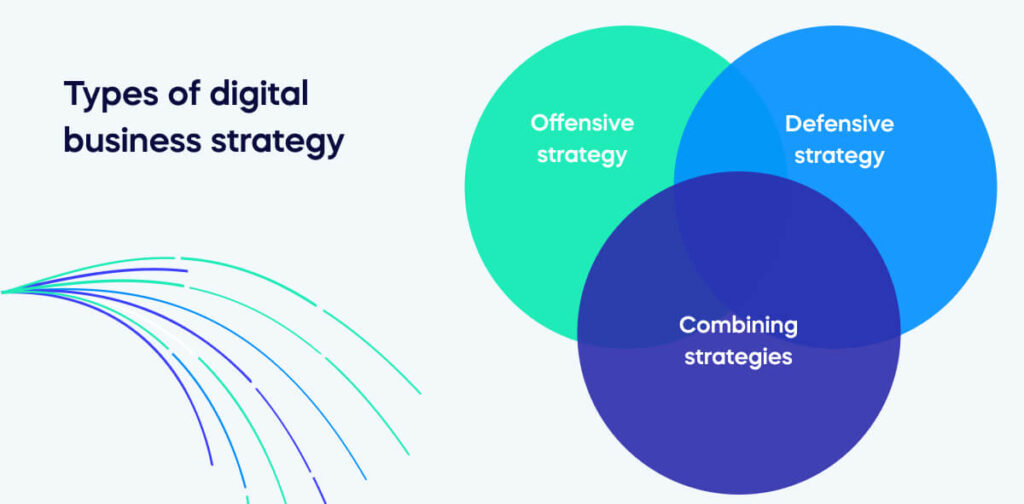Technology has transformed the way businesses operate, offering new opportunities for growth and efficiency. Integrating digital strategies into business planning is essential for success in the digital age. This blog discusses the importance of leveraging data analytics, embracing automation, and utilizing artificial intelligence.
Leveraging data analytics is a crucial digital strategy for businesses. Data analytics provides valuable insights into customer behavior, market trends, and operational performance. These insights help businesses make informed decisions and optimize their strategies. By harnessing the power of data analytics, companies can identify growth opportunities and improve efficiency. For more on leveraging data analytics, visit omeraftab.com.
Embracing automation is another key digital strategy. Automation streamlines repetitive tasks, reduces errors, and frees up employees to focus on higher-value activities. This enhances productivity and efficiency across the organization. From customer service to supply chain management, automation can significantly improve business operations. To explore automation solutions, check out omeraftab.com.
Artificial intelligence (AI) is revolutionizing business planning. AI can analyze vast amounts of data, predict trends, and provide actionable insights. Businesses can use AI to enhance customer experiences, optimize marketing strategies, and improve decision-making. By integrating AI into business planning, companies can gain a competitive edge. Learn more about AI applications at omeraftab.com.
Digital strategies also include adopting cloud computing. Cloud computing offers scalable and cost-effective solutions for data storage, processing, and collaboration. It enables businesses to access information anytime, anywhere, and on any device. This flexibility enhances productivity and supports remote work. Cloud computing is essential for modern business planning.
Cybersecurity is a critical aspect of digital strategies. Protecting sensitive data and ensuring the security of digital systems is vital. Businesses must implement robust cybersecurity measures to safeguard against cyber threats. This includes regular updates, employee training, and secure protocols. A strong cybersecurity strategy protects business assets and maintains customer trust.
Social media is a powerful tool for digital marketing. Businesses can use social media platforms to engage with customers, build brand awareness, and drive sales. Social media analytics provide insights into customer preferences and campaign performance. By incorporating social media into business planning, companies can enhance their marketing efforts.
E-commerce is another important digital strategy. Online sales channels provide businesses with new revenue streams and access to global markets. E-commerce platforms offer convenience and personalized shopping experiences for customers. Integrating e-commerce into business planning can boost sales and expand market reach.

Digital strategies also involve enhancing customer relationship management (CRM). CRM systems help businesses manage interactions with customers, streamline sales processes, and improve customer satisfaction. By utilizing CRM tools, companies can build stronger relationships and drive customer loyalty.
Digital transformation requires continuous learning and adaptation. Businesses must stay updated with the latest technological advancements and industry trends. Investing in employee training and development is essential for successful digital integration. A culture of continuous improvement supports long-term growth and innovation.
Collaboration tools are vital for digital business planning. These tools facilitate communication, project management, and teamwork, especially in remote or hybrid work environments. Effective collaboration enhances productivity and fosters innovation.
Integrating digital strategies into business planning is essential for success in the digital age. Leveraging data analytics, embracing automation, utilizing AI, and adopting cloud computing can significantly enhance business operations. Cybersecurity, social media, e-commerce, CRM, continuous learning, and collaboration tools are also crucial for sustainable growth. For more expert advice on integrating digital strategies into business planning, visit omeraftab.com.
Explore these strategies and harness the power of technology to streamline processes, enhance productivity, and gain a competitive edge. Success in the digital age requires continuous adaptation and innovation. For further guidance and resources on digital business planning, check out omeraftab.com